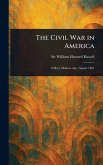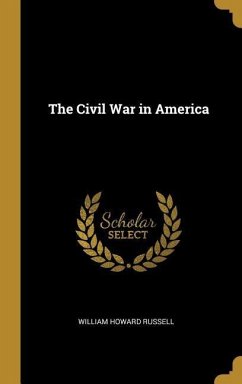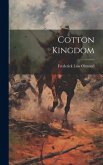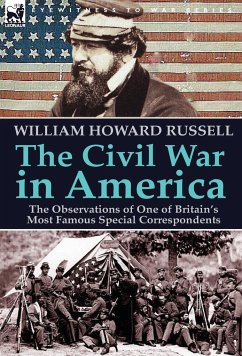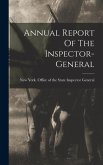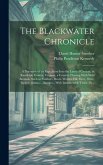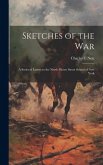"After the War: A Southern Tour, May 1, 1865 to May 1, 1866" by Whitelaw Reid offers a compelling journey through the American South in the immediate aftermath of the Civil War. This historical account provides a unique window into the Reconstruction Era, capturing the atmosphere of the Southern States as they grappled with the profound social, political, and economic changes sweeping the nation. Reid's detailed observations paint a vivid picture of post-war life, documenting the challenges and transformations encountered during this pivotal period in American history. Through his travels, readers gain insight into the landscape, the people, and the spirit of the South as it navigated the complexities of rebuilding and reconciliation. This insightful tour serves as an invaluable historical resource, offering firsthand perspectives on a nation grappling with the consequences of war and the promise of a new future. A must-read for anyone interested in the Civil War, the Reconstruction Era, and the history of the Southern United States. This work has been selected by scholars as being culturally important, and is part of the knowledge base of civilization as we know it. This work is in the public domain in the United States of America, and possibly other nations. Within the United States, you may freely copy and distribute this work, as no entity (individual or corporate) has a copyright on the body of the work. Scholars believe, and we concur, that this work is important enough to be preserved, reproduced, and made generally available to the public. We appreciate your support of the preservation process, and thank you for being an important part of keeping this knowledge alive and relevant.
Bitte wählen Sie Ihr Anliegen aus.
Rechnungen
Retourenschein anfordern
Bestellstatus
Storno



